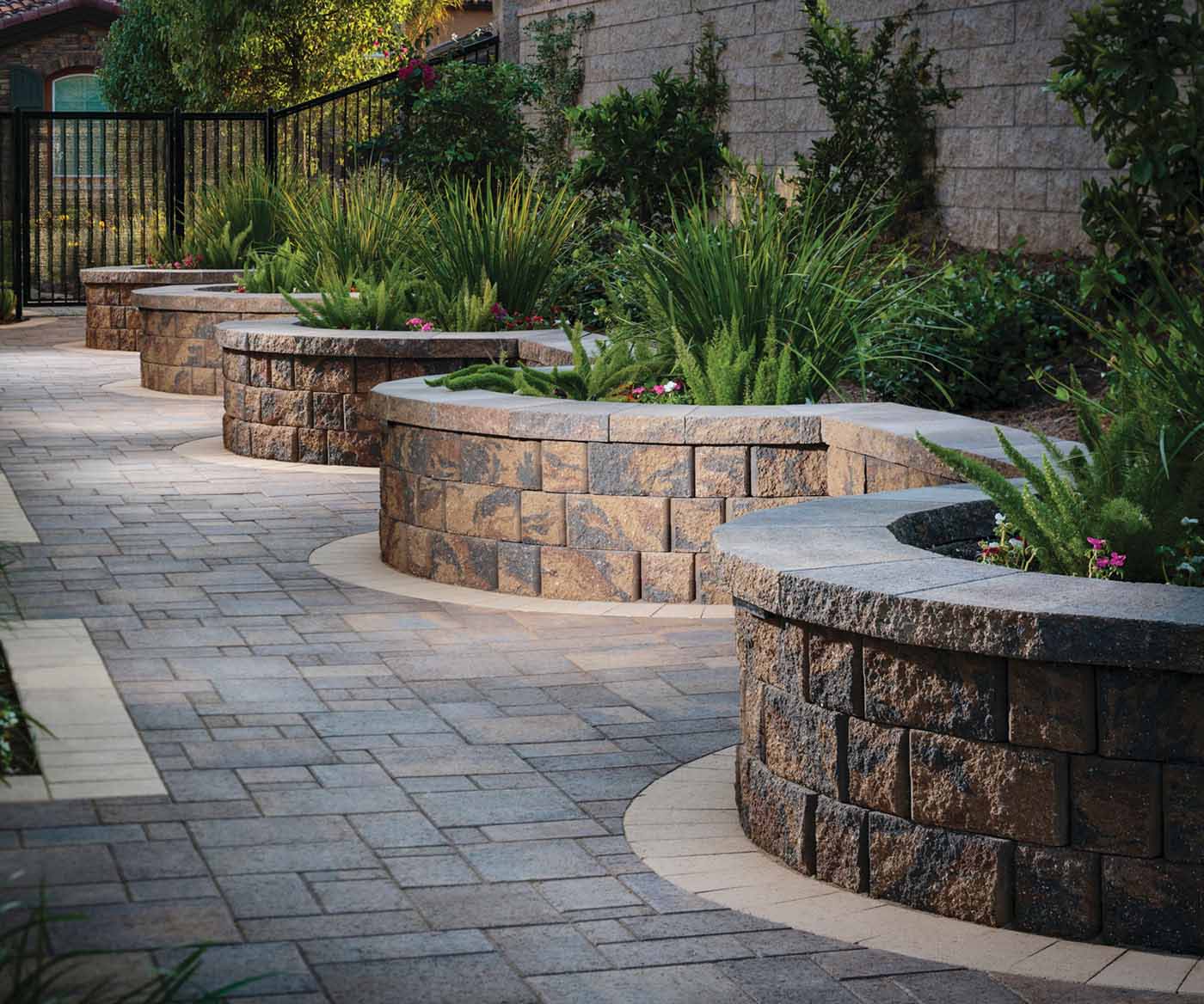Do you need to seal natural stone pavers? Natural stone pavers bring timeless beauty and durability to outdoor spaces. Whether you’re installing a patio, walkway, or pool surround, stone options like travertine, limestone, granite, and slate can elevate your landscape. But a common question among homeowners and contractors alike is: do you need to seal natural stone pavers?
The Short Answer: It Depends
Sealing natural stone pavers isn’t strictly necessary in every case—but it’s often highly recommended. Here’s why.
Why Seal Natural Stone Pavers?
1. Protection from Stains
Natural stone is porous, meaning it can absorb liquids like wine, oil, or even rainwater. Over time, this can lead to staining and discoloration—especially in high-traffic or high-risk areas (like near grills or around pools). A quality sealer creates a protective barrier against spills and grime.
2. Weather Resistance
Stone can degrade over time due to exposure to the elements. UV rays can cause fading, while freeze-thaw cycles may lead to cracking in some types of stone. Sealing helps shield the surface from these natural stresses.
3. Enhanced Color and Appearance
Some sealers enhance the natural color and texture of the stone, giving it a “wet look” or richer tone that many people find attractive. This is optional, but a big plus for many.
4. Easier Maintenance
Sealed surfaces are smoother and less likely to trap dirt, moss, or mold. This makes cleaning quicker and helps maintain a fresh, clean appearance year-round.
When You Might Skip Sealing
There are situations where sealing may not be essential:
-
Low-traffic areas: In spots that see little foot traffic or exposure to elements, sealing might not be urgent.
-
Dense, non-porous stones: Some stones (like certain granites or bluestones) are naturally dense and less absorbent, so they may not benefit as much from sealing.
-
Aged or weathered look: If you prefer a more rustic, aged appearance, you might choose to let the stone naturally patina over time.
How Often Should You Reseal?
Most sealers need to be reapplied every 2 to 5 years, depending on the product and exposure. High-traffic or harsh environments might require more frequent applications.
Choosing the Right Sealer
There are two main types of sealers:
-
Penetrating (impregnating) sealers: Soak into the stone and protect from within without changing the look.
-
Topical sealers: Sit on the surface, often adding a sheen or gloss but may require more upkeep.
Make sure to choose a sealer appropriate for the type of stone and the intended use (e.g., slip resistance near pools).
Final Thoughts – Do you need to seal natural stone pavers
While sealing natural stone pavers isn’t always mandatory, it’s a wise investment in most cases. It protects your outdoor space, prolongs the stone’s life, and keeps your hardscaping looking its best. If you’re unsure, consult with a stone professional or installer to evaluate your specific setup and decide what’s best for your home.

